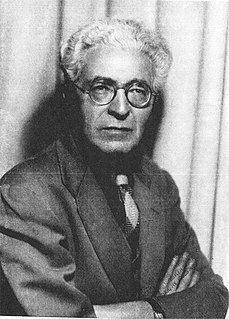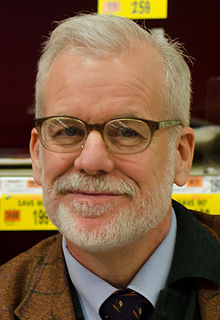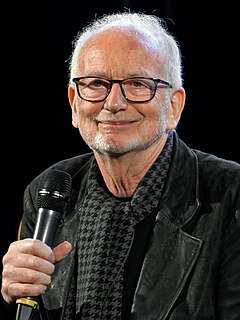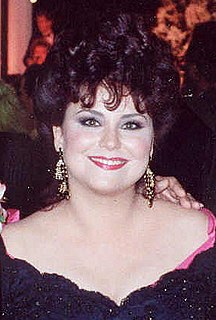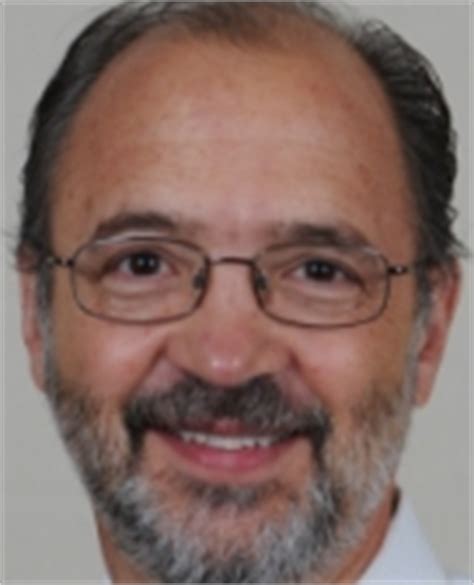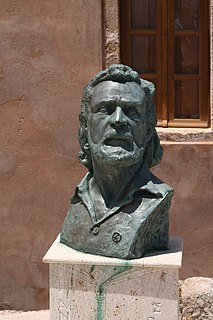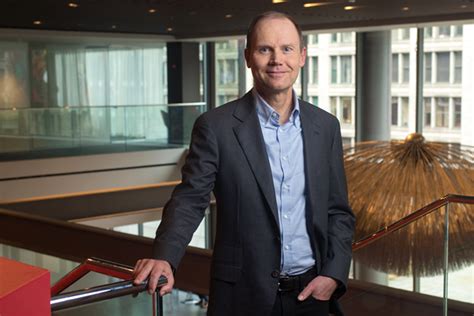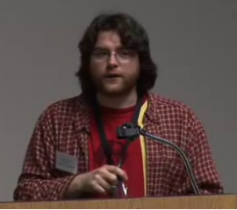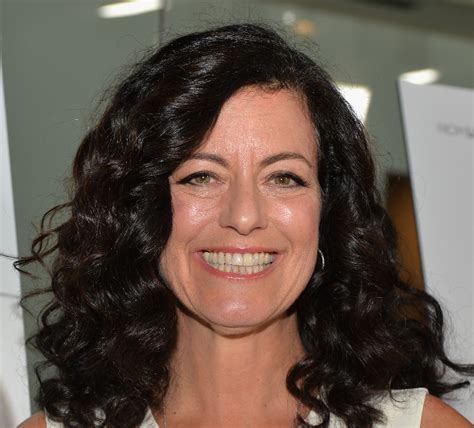A Quote by Lajos Egri
No, you don't have to start your play with a premise. You can start with a character or an incident, or even a simple thought. This thought or incident grows, and the story slowly unfolds itself. You have time to find your premise in the mass of your material later. The important thing is to find it.
Related Quotes
An authentic and genuine life grows like a sturdy tree. And like a tree, it grows slowly. Every time you make a different and better decision, it grows a little. Every time you choose to do the right thing, even when nobody would find out otherwise, it grows a little. Every time you act with compassion, relinquish your right to strike back, take a courageous stand, admit fault or accept responsibility, it grows a little.
I'm amazed that I can sit down, put a guitar in my hands and start playing kind of free style, and it will be four hours later and it will feel like it's been five minutes. I think that adds depth to your being, when something in your life can do that for you. Everybody should try to find something in their life that can do that for them. People find really elaborate self-destructive ways of killing time on this planet. That's why they take drugs or drink, trying to alter their state of being. If you can find something that doesn't destroy you, but deepens your character, you're really lucky.
Find time for thought, this is the source of strength.
Find time for the game, this is the secret of eternal youth.
Find time for reading, this is the Foundation of knowledge.
Find time to be friendly, this is the road to happiness.
Find time for dreams, they will pull your vehicle as the stars.
Find time to love and be loved in return, this is the privilege of the gods.
Find time to look around you, it's too short a day to be selfish.
Find time to laugh this is the music of the soul.
To me, all creativity is magic. Ideas start out in the empty void of your head - and they end up as a material thing, like a book you can hold in your hand. That is the magical process. It's an alchemical thing. Yes, we do get the gold out of it but that's not the most important thing. It's the work itself.
The story, I like to say and remember, is always smarter than you—there will be patterns of theme, image, and idea that are much savvier and more complex than what you could come up with on your own. Find them with your marking pens as they emerge in your drafts. Become a student of your work in progress. Look for what your material is telling you about your material. Every aspect of a story has its own story.
